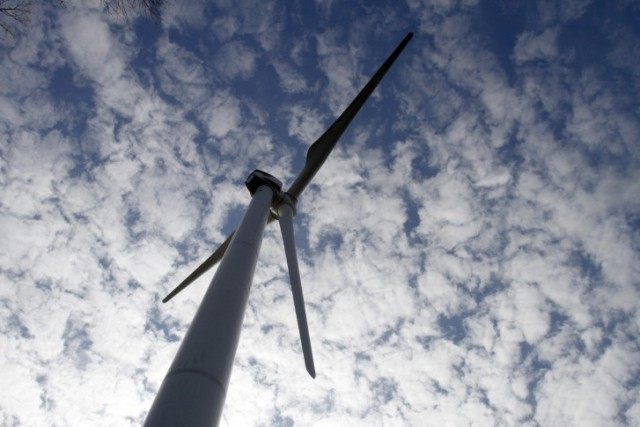Energy is the driving force behind the American economy, and we can never have too much of it. We can, however, pay too much for it.
That was the case with oil until relatively recently, when fracking helped send prices tumbling. It’s still the case with wind.
Wind, when it’s blowing, can be an effective source of electricity. Of course, it doesn’t always blow — and, in fact, it’s least likely to be blowing when the need for power is greatest. On hot, summer afternoons, when everyone on the power grid wants to fire up the air conditioning, the nearest wind turbines are likely to sit, un-turning.
Still, the federal government wants Americans to use wind power, which is produced here in the U.S. and doesn’t put out any emissions. So wind is heavily subsidized in the tax code. The bill to taxpayers will total at least $6.4 billion over the next decade.
A pair of lawmakers want to change that.
Last month, Reps. Kenny Marchant (R-TX) and Mike Pompeo (R-KS) introduced a bill to repeal the renewable energy production tax credit. That wouldn’t eliminate wind power — there will still be plenty of turbines around the country — but it would level the playing field.
The lawmakers say their bill would save taxpayers money, and would allow the federal government to slash tax rates as well.
“The fully mature wind industry should not be spoon-fed by taxpayers any longer,” Marchant says. “The PTC Elimination Act may only be one piece of the effort to fix our broken tax code, but it puts the American people first and levels the playing field both at home and in the global marketplace. That’s the approach to tax simplification we must use to revitalize the American economy.”
For years, the federal government has tried to pick winners and losers in the energy field. It’s bet big on batteries and ethanol, for example. And it backs wind as well. Repealing the PTC would, finally, begin reversing that.

COMMENTS
Please let us know if you're having issues with commenting.